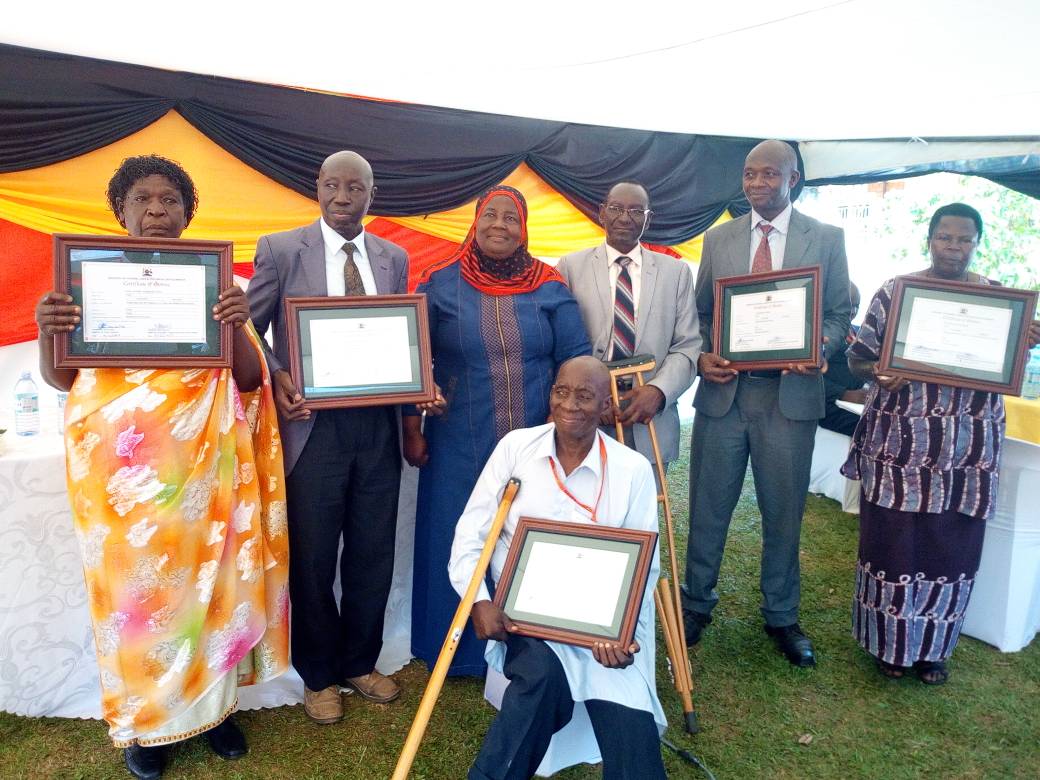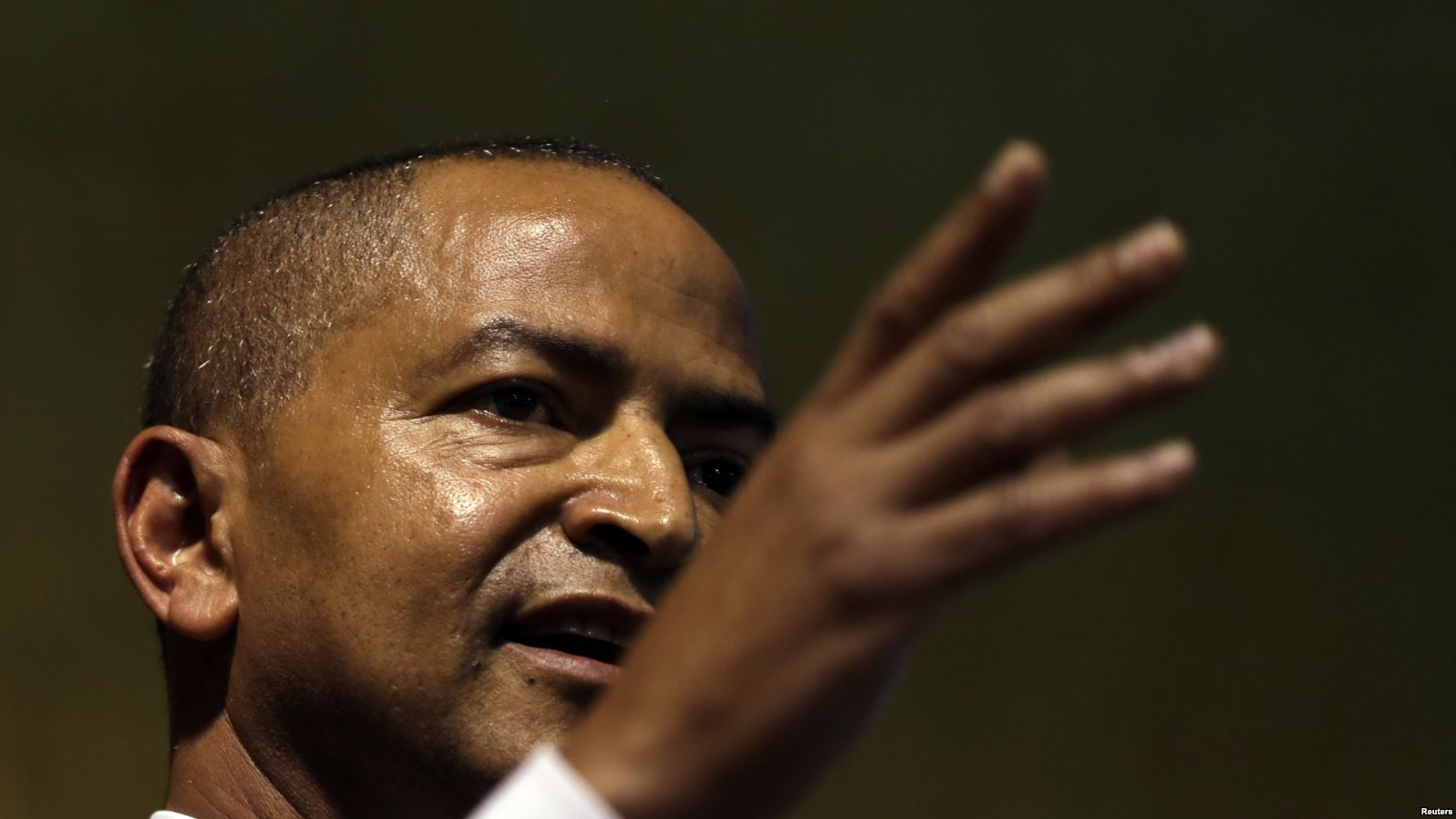The government has finally resolved to introduce compulsory Swahili lessons at the primary and secondary school levels across the country. The 1995 constitution designated Kiswahili as Uganda’s second official language, behind English. Its advancement and application have, however, been modest.
Now, Dr. Chris Baryomunsi, the Minister of ICT and National guidance says that the cabinet resolved on Monday to make teaching Kiswahili compulsory at the basic levels of education to encourage the use of the language.
Dr. Baryomunisi adds that the move is also partly intended to implement the adaption of Kiswahili as an official language of the East African community in fulfillment of Article137 (2) of the East African Community treaty.
The said article states that Swahili shall be developed as a lingua franca of the community to support sustainable development and regional integration, although several member countries haven’t adhered to the provision.
The minister noted that opposition from sections of the public have in the past hindered the introduction of the language into classrooms due to the ugly history of Kiswahili in the country. In the past, many Ugandans, especially those who grew up in the 1960s and 1970s, strongly opposed Kiswahili because they associated the language with death and destruction. To some, it was a language of thieves.
However, Baryomunsi says to benefit from the ongoing integration of the East African Community, there is a need to sensitize Ugandans that this language is important.
The introduction of compulsory Kiswahili lessons is not new. The idea first came up in the 1992 government white paper on the education policy review commission report. It was recommended that both Kiswahili and English be compulsory subjects throughout the primary cycle in both rural and urban schools.
The ministry of education introduced the language in the Uganda primary school curriculum in 2000 but all remained in ink as its teaching in school remained minimal. Over the years, its implementation became one of the speaking points of government officials.
In 2016, the then East African Affairs Minister, Shem Bageine said Swahili would be compulsory from primary to University level effective 2018 but this wasn’t possible because of the absence of a regulatory framework and resources.
Dr. Jane Egau, the Director for Higher Technical Vocational Education and Training in the Ministry of Education and Sports, says that in the previous years it was not possible to introduce Kiswahili in schools without the requisite resources, including teachers and teaching materials.
She says that in preparation for the phasing introduction of Swahili teaching, the teacher education department at the education ministry has been stepping up enrollment of Kiswahili teachers in training colleges.
In addition to these efforts, Egau adds that the National Curriculum Development Centre- NCDC has now trained some 450 master trainers to help in rolling out teaching in teacher training institutions to prepare for a massive rollout in primary schools.
At the secondary level, Kiswahili is one of the compulsory subjects in senior one and two but very few schools offer it. Grace Baguma, the director of NCDC, notes that if secondary schools have failed to implement the teaching of this language, it will be difficult for their counterparts in primary to do so.
“We have a problem. Many schools don’t teach subjects that are not assessed by UNEB. I will give you an example, primary schools now teach only four subjects leaving the rest of the learning areas in the curriculum. I will be open to you, to have this subject taught effectively in primary schools it needs to be examined,” she said.
Dr. Baguma further added that NCDC has already been working with UNEB to see how better the language can be assessed.
Commenting on examining the language at the primary level, Dan Odongo, the UNEB Executive Director, told our reporter that the board is ready and waiting for formal instructions from the ministry of education to take up the task.
However, even before the ministry of education passes an instruction, Dr. Baryomunsi has clarified that the language is going to be examinable.
-URN





